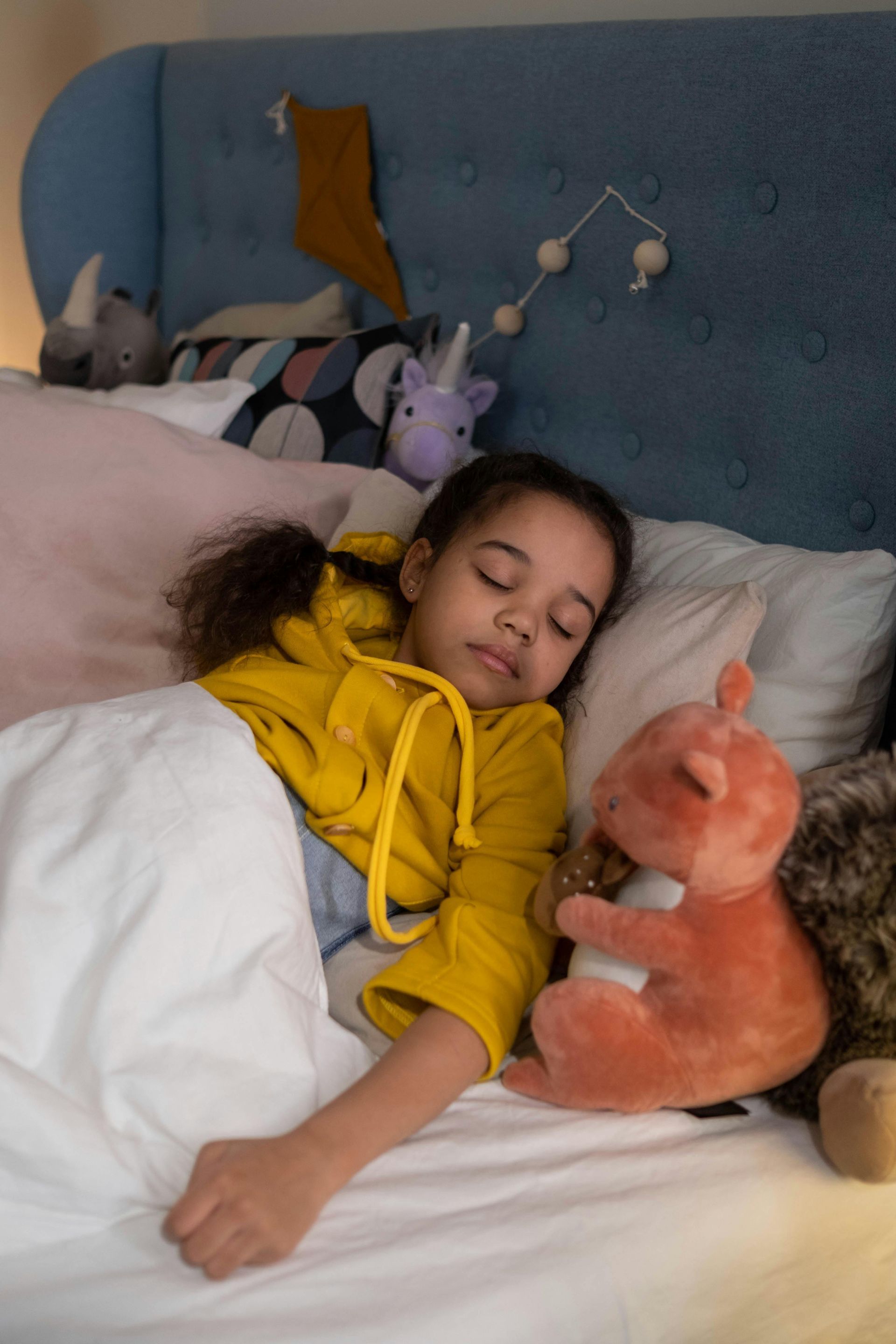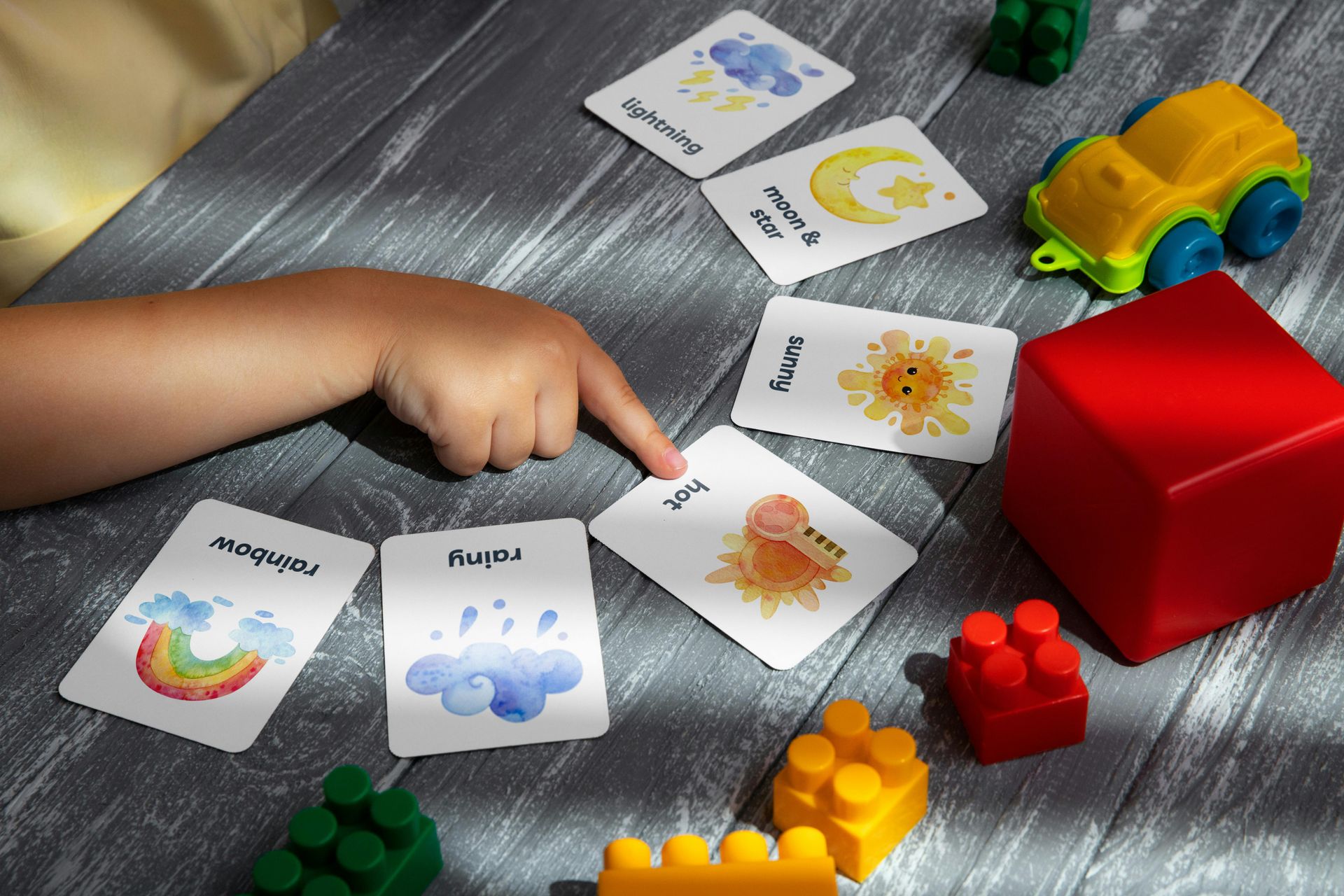Recognizing Potential Signs of Autism
This is a subtitle for your new post

Parents and caregivers such as yourself cannot diagnose autism. This is a medical diagnosis made by a doctor. However, the evidence of such a developmental condition is often first picked up on by those who spend the most time with the child. You know your child best, so if you find yourself asking the question, “Does my child have autism?” Read on for help understanding potential signs and symptoms.
What are some signs of autism?
If you notice your child avoiding eye contact or struggling to communicate in one way or another, know that these are common symptoms of autism but are not exclusive to autism. No one symptom is enough to know what is going on with your child with any certainty. The combination of several indicators is cause to bring up the issue with your child’s primary physician and perhaps seek an expert opinion.
Classic signs of autism include, but are not limited to:
● delayed speech
● echolalia (repeating words or phrases)
● not responding or reacting in any way to one’s name by one year old
● difficulty empathizing with the emotions of another
● difficulty putting their own feelings into words
● sensory issues like sensitivity to certain textures or smells
● stimming—repetitive motion such as hand-flapping, spinning, or rocking
● unusual eating habits
● obsessive interests
● extreme and/or excessive tantrums
● self-harming behaviors
What if my child actually seems advanced in some areas?
Perhaps you see some of the above signs in your child—they may seem to be behind developmentally in areas like communication and social skills, but they seem to be ahead of the curve in other areas. Some parents may rationalize that this balances things out, because, after all, every individual is different and that it is normal for a child to be ahead or behind in various milestones without much cause for concern. However, when it comes to autism, if a child is behind in several of the areas discussed above, discuss these concerns with your child’s doctor. The child may very well have strengths in other areas like gross or fine motor, reasoning, or higher order thinking, but do not let these strengths stop you from having their weaknesses checked out by a professional.
How does a young child receive a diagnosis of autism?
A pediatrician who follows recommendations from the American Academy of Pediatrics will administer autism screenings at regularly scheduled wellness visits at 9 months, 18 months, 24 months, and 30 months of age. These screenings may include physical observation and the M-CHAT family questionnaire. If your pediatrician’s findings are cause for concern, she can refer you to an expert who can conduct a formal developmental evaluation.
Contact Positive Reinforcement today for ABA therapy servicing North Virginia, West Virginia. Now providing In home ABA Therapy Services in Richmond Virginia.










